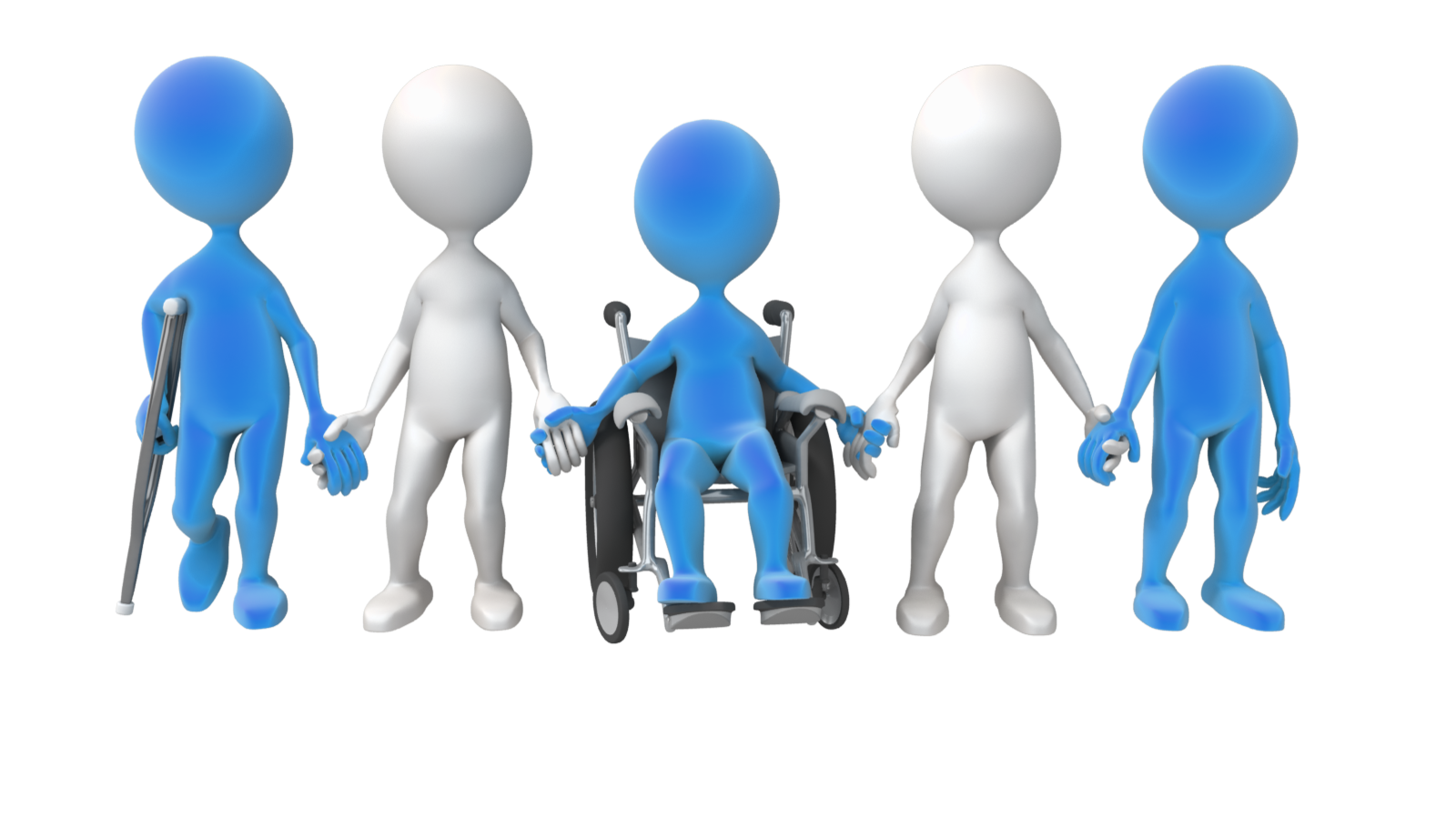By Shruti Pushkarna
As I write this piece, I’m experiencing a mixed set of emotions. I’m thrilled because I have managed to nearly complete a year of this column on ‘Media and Disability’. At the same time I’m sort of disillusioned, thinking if this fortnightly exercise has made any real difference for persons with disabilities. I’m saddened because the media or the society doesn’t much care about vulnerable groups and their respective challenges. But more than anything I’m angry.
Change is not easy to come. I’m aware. But I’m angry at how little has changed in the past several years in this age of information boom and 24X7 news. Also despite the new empowering laws and policies that gave us hope of better times to come.
As a society we haven’t even gone beyond thinking of disability as a karmic fallout. Seriously, what is wrong with us? Typecasting aside, we look at persons with disabilities as lesser mortals who deserve to be where they are. Religious leaders, spiritual gurus, even parents of disabled children and the masses believe and propagate so. The media only goes a tiny step further embellishing them with either a heroic or pitiful portrayal.
Across the globe, December 3 is observed as the International Day of Persons with Disabilities. This year, the focus is on spreading awareness about not only the obviously visible disabilities but also the less apparent ones, with the hope to build a more inclusive world. There is a special emphasis on creating a sustainable and accessible post-Covid environment for everyone.
Here in India, it feels like a distant dream. Last year this day, I wrote on ‘What Media Must Do’ vis-à-vis not leaving the disabled out of the mainstream discourse’. Maybe I should recycle the same commentary, as it seems to have fallen on deaf ears. Through the year, I have raised several pertinent issues pertaining to different types of disabilities, the difficulties faced by them in spaces of work, education, entertainment and the apathy that seeps through the cultural fabric of our country.
The frustration that all of us faced after being locked down for a few months due to the spread of Covid-19 comes nowhere close to what disabled people go through every single day, living on the periphery, discarded by the mainstream, excluded by their community, denied the opportunity to exercise their abilities.
Let’s face it. It’s a thoroughly unequal, unjust and imbalanced state of affairs. Strange parallel coexistence of those who binge-watch ‘Fabulous Lives of Bollywood Wives’ and people who are refused mere 35kg of ration despite the Delhi High Court orders for the disabled to be included under the National Food Security Act.
Not only are people unaware of each other’s alternate realities, our media coverage is even more lopsided. For a very long time, I believed that the media had the responsibility and obligation of operating in public interest. As a former journalist, I swore by it. But today everything is about ratings, demographics, market share and monies.
It’s all about the content that sells. And the content that sells hardly costs anything to produce. So why invest money in investigating and reporting real issues and accounts when the objective is to run a profit division? Instead of giving a voice to the weak and ignored sections of the population, the media is feeding our guilty pleasures and morbid fascinations.
Covid-19 has changed a great deal in terms of how we work, educate our children, or engage with friends and family. Apart from all the perils, we have discovered new ways of functioning. From a disability perspective, the gap that existed especially in education and employment has somewhat been bridged. Due to innovations in technology, disabled people are empowered to study and work alongside able-bodied peers in the comfort of their homes. The virtual mode of operation has removed the physical barriers, opening doors for inclusion.
Most Disability Advocates believe we have made more progress in the last 10 months than in the past decade. While this is a promising opportunity created by the pandemic, the ableist world has to take note and build accessible products and infrastructure.
It again comes down to awareness and the will to include. We are crippled by our individual attitudinal disability, which dissuades us from acknowledging the needs of another. The truth is we like to be ignorant. We prefer being so because it’s easy. As long as it doesn’t affect us, it’s not worth talking about. Our content consumption habits and social media patterns reflect the narcissistic bubbles we exist in.
The country needs to be pulled out of eternal slumber. We need to get angry at the status quo, at the injustice, at the skewed coverage of issues. I’m reminded of the famous speech from the1976 movie Network where Howard Beale (Peter Finch) says: “I’m mad as hell and I’m not going to take this any more. I want you to get up right now. Sit up. Go to your windows. Open them and stick your head out and yell.”
The question is whether the country will join in. Can the media lead the citizens in a rallying cry for change?
Source:https://www.mxmindia.com/2020/12/world-disability-day-what-will-it-take-...


Facebook comments